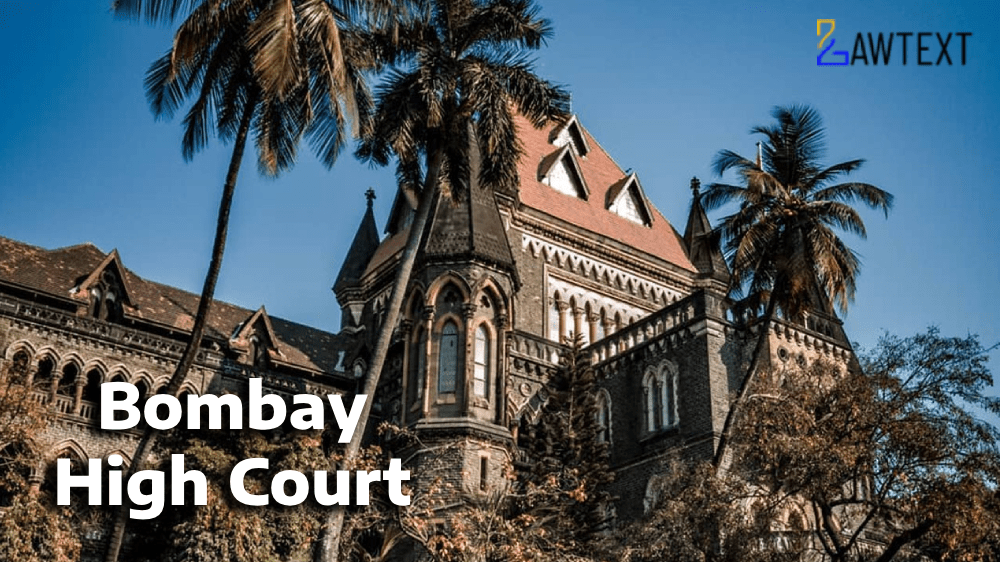

This case examines the right of pre-emption among Class I heirs in Hindu succession when property devolves upon them. The appellants, heirs of Sushilabai, filed suit to assert their statutory right under Section 22 of the Hindu Succession Act, 1956, to pre-empt the sale of shares by other co-heirs. The judgment elaborates on the application of Section 22, underscoring that only Class I heirs of a Hindu male intestate can claim such a right. Additionally, the court concluded that the appellants lost their right due to prior rejection of offers, the lack of testamentary inheritance, and non-applicability to property from a Hindu female's estate. The counter-claim by co-heirs for partition was granted, reinforcing the procedural requirements under the Partition Act and CPC, where pre-emption rights and claims are limited.
Applicability of Section 22: Pre-emption rights under Section 22 of the Hindu Succession Act apply only to Class I heirs of a Hindu male intestate; they do not extend to property of a Hindu female.
Intestate Succession Limitations: Succession to the estate of a Hindu female, governed by Section 15 of the Act, does not provide the right of pre-emption, nor do these heirs qualify as Class I heirs in the statutory sense required by Section 22.
Doctrine of Pre-emption Limitation: The appellants lost their right of pre-emption through prior refusal of offers from respondents, thereby invalidating subsequent claims.
Partition and Pre-emption Rights under the Partition Act: As no suit for partition was filed by the third-party purchaser, Section 4 of the Partition Act could not be invoked by appellants to assert pre-emption.
The court dismissed the appeal, holding that the appellants had no right of pre-emption under the Hindu Succession Act. It further upheld the partition claim by respondents, stating that appellants, not being Class I heirs of a Hindu male, were outside the ambit of Section 22 rights. The court also emphasized the procedural finality under CPC Section 100, reinforcing that concurrent findings without procedural error are binding.
Hindu Succession Act, Pre-emption Rights, Partition Act, Testamentary Succession, Class I Heirs, Co-heir Rights
Citation: 2024 LawText (BOM) (10) 253
Case Number: SECOND APPEAL NO. 547 OF 2019
Date of Decision: 2024-10-25
Case Title: Smt. Sumati @ Asha Wd/o Anil Subhedar & Ors. Versus Smt. Yashodhara Wd/o Sunil Subhedar & Ors.
Before Judge: SANJAY A. DESHMUKH, J.
Advocate(s): Mr. N. R. Bhishikar, Advocate for Appellants. Mr. S. P. Dharmadhikari, Senior Advocate assisted by Mr. A. A. Sambaray, Advocate for Respondent Nos.1 to 3. Mr. R. R. Prajapati, Advocate for Respondent No.4(a) and (b). Mr. R. A. Bhandakkar, Advocate for Respondent Nos.5 & 6.
Appellant: Smt. Sumati @ Asha Wd/o Anil Subhedar & Ors.
Respondent: Smt. Yashodhara Wd/o Sunil Subhedar & Ors.